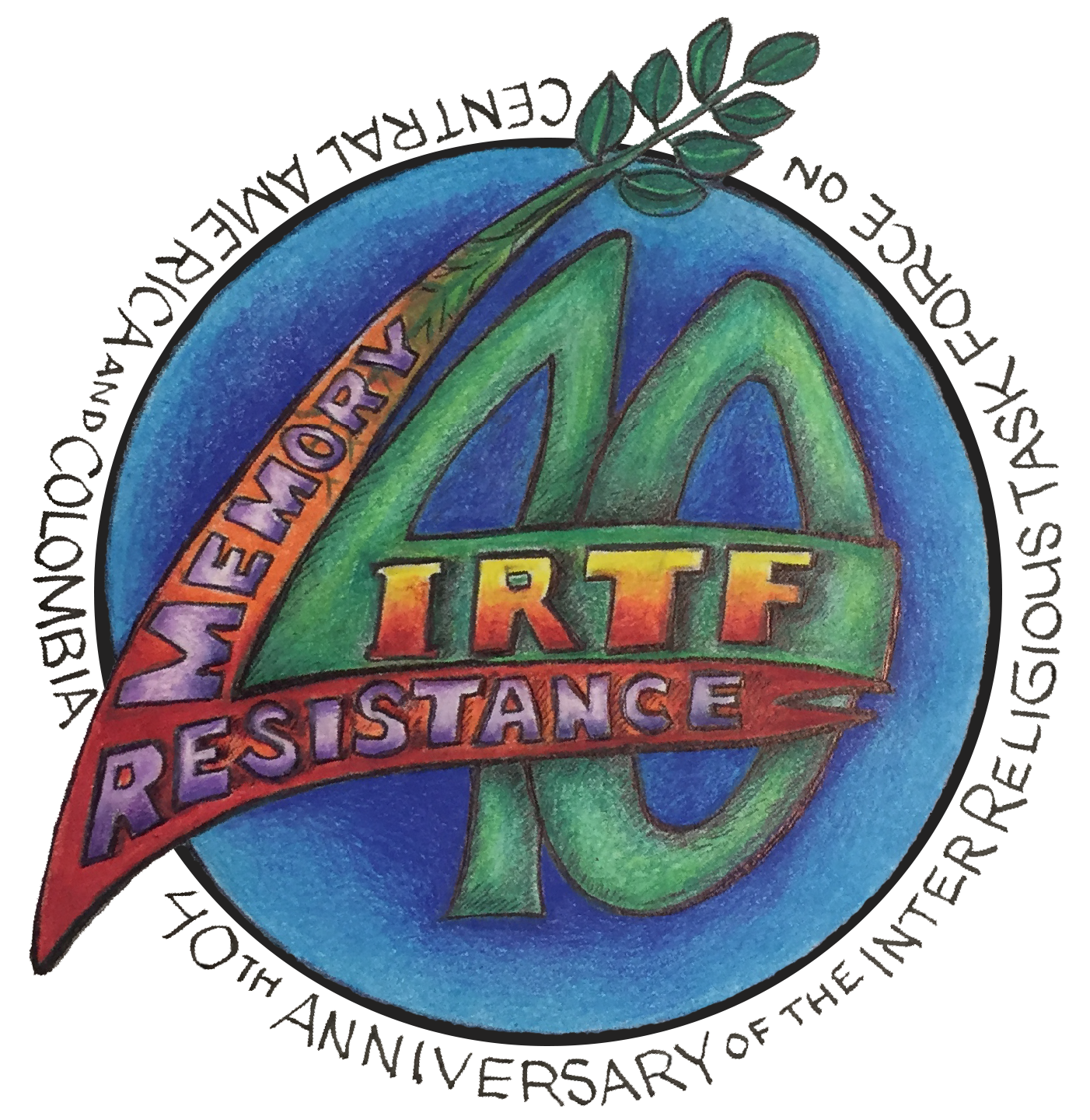Thank you to ClevelandPeople.com for publishing this reflection written by Thérèse Osborne, commemorating the martyrdom of Sisters Maura Clarke M.M., Ita Ford M.M., Dorothy Kazel O.S.U. and lay missionary Jean Donovan on December 2, 1980.
"And this is the reason that Maura and Ita, Jean and Dorothy were killed. They had discerned that accompanying refugees was the crying need of the people. You see, all of El Salvador had turned into one huge refugee camp. People were running away from the bombing, and it's as if everyone took one giant step. Those in tiny villages went to the next town and moved in with relatives. We would often meet families walking along the road with just a few cooking pots, maybe a bag of clothes, and their children. Those in the towns would make their way to the next city, and those who could went to the capital, where makeshift refugee centres were set up in the churches. The major seminary of San Salvador had 5,000 people living in tents on the football pitch for five years. Technically we might call these people "displaced persons" rather than refugees because they didn't have the means to leave their own country; but they were internal refugees in every sense of the word.
In the media and official government policy, if you stayed in a conflictive zone to harvest your crops you were labeled a subversive and accused of consorting with the guerrilla army; and if you left your village you were considered suspicious because you came from a conflictive area."

